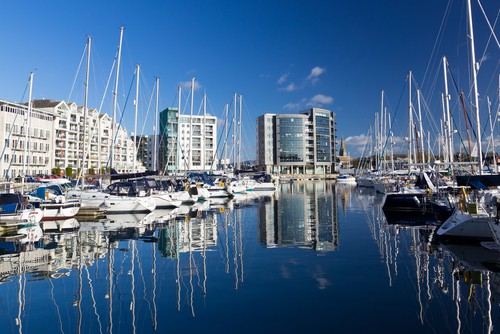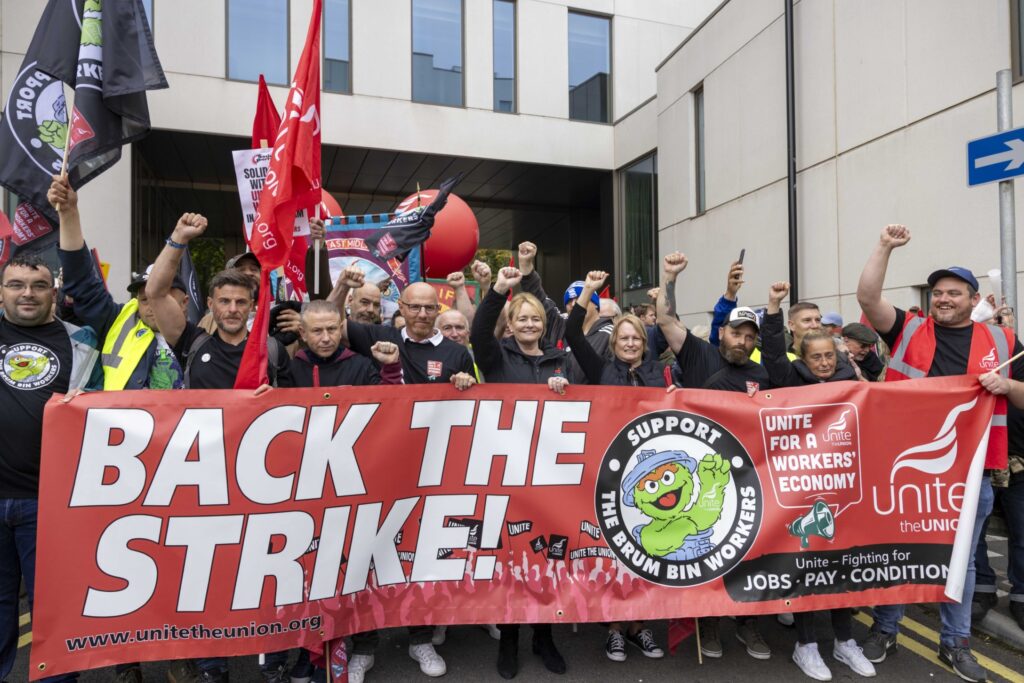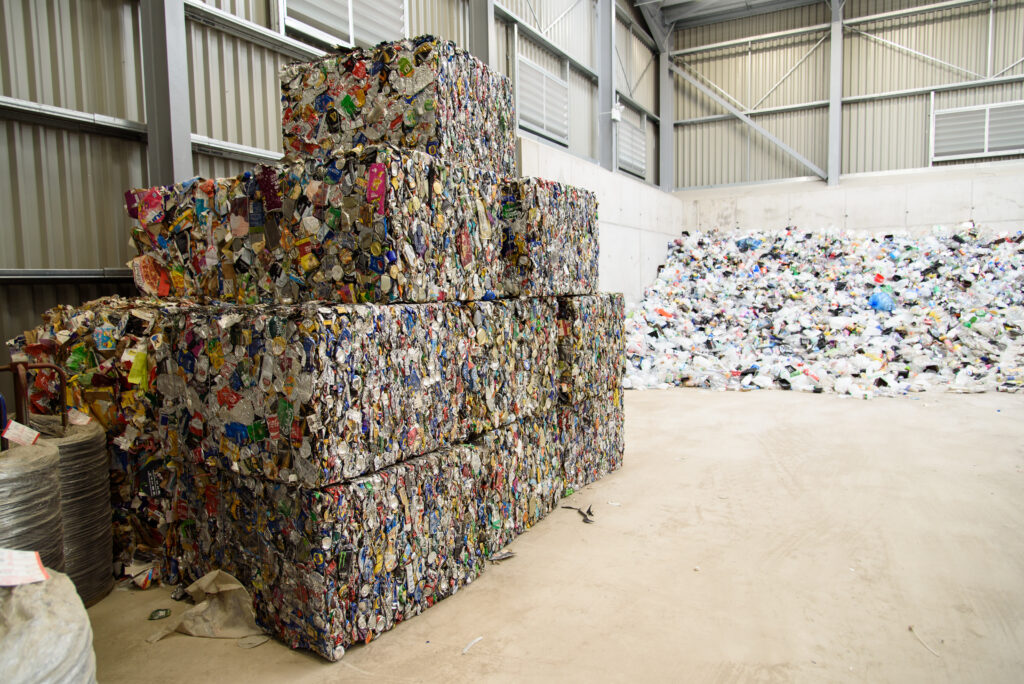From May 2017, Plymouth households will put out their recycling bin one week and their non-recyclable waste bin the following week. At present, refuse is collected weekly in the South West city.

At a meeting of the council’s cabinet last week (8 November), councillors considered three potential options – do nothing, change to alternate weekly, or replace the current 240 litre residual waste bins with 120 litre bins. Alternate collections were recommended as the preferred option.
According to the council, most of the city’s 117,000 households have fortnightly mixed recycling collections and weekly refuse collections, but recycling rates in Plymouth have remained static at close to 35% (see letsrecycle.com story).
Savings
In a document titled ‘The Business Case for the Modernisation of Waste and Street Services,’ the council set out its objectives of increasing its short term household recycling rate to 40% to improve performance levels and meet the targets in the Energy from Waste partnership contract, rising to 50% by 2034. It also aims to reduce the overall ongoing costs of the service.
The waste and street services currently cost £5,390,568 per annum, and the implementation will require an initial investment of £499,335 in year one. However, the transformation of services is expected to generate savings of around £750,000.
In early 2015, the council already improved the efficiency of its collections by reshaping collection routes (see letsrecycle.com story).
‘Plateau’
A bin composition study commissioned by the council last month revealed that 82% of the city’s brown bins were less than three quarters full, indicating that the majority of bins have room for more than a week’s worth of waste, particularly coupled with more recycling.
It also found that 20% of brown bins contained material that could have easily been separated for recycling.
Councillor Mike Leaves, cabinet member for the Environment said: “Hundreds of towns and cities across the country have moved to this type of service and they have been overwhelmingly successful in increasing recycling rates. We pride ourselves on being a green city, but it is fair to say our recycling rates have plateaued. We need to make our money work harder and have a better outcome for the city, its residents and the environment.
“Hundreds of towns and cities across the country have moved to this type of service and they have been overwhelmingly successful in increasing recycling rates”
Councillor Mike Leaves, cabinet member for the Environment
Plymouth city council
“We want to improve what we offer our residents but we also want them to play their part. This is why we will make sure there are clear and consistent guidelines so that we can all play a part in improving the city’s green credentials.”
Changes
Under the proposal, there will be a reduction of eight vehicles from the existing fleet and the size of the average collection crew will reduce from three operatives plus a driver to two operatives plus a driver. The crews will be flexible, so if an area needs a larger or smaller crew they can be used to provide the most efficient service.
The new arrangements will be accompanied by a ‘comprehensive communications campaign’ to inform the 117,400 households across Plymouth about any changes. There will also be renewed efforts to spread the recycling message across the city.
Cllr Leaves added: “I know there are residents and groups in Plymouth who want us to do more and we are listening.
“We want this change to herald the start of a push that the whole city can get behind. The more people who can help us champion the message around recycling the better.”









Subscribe for free